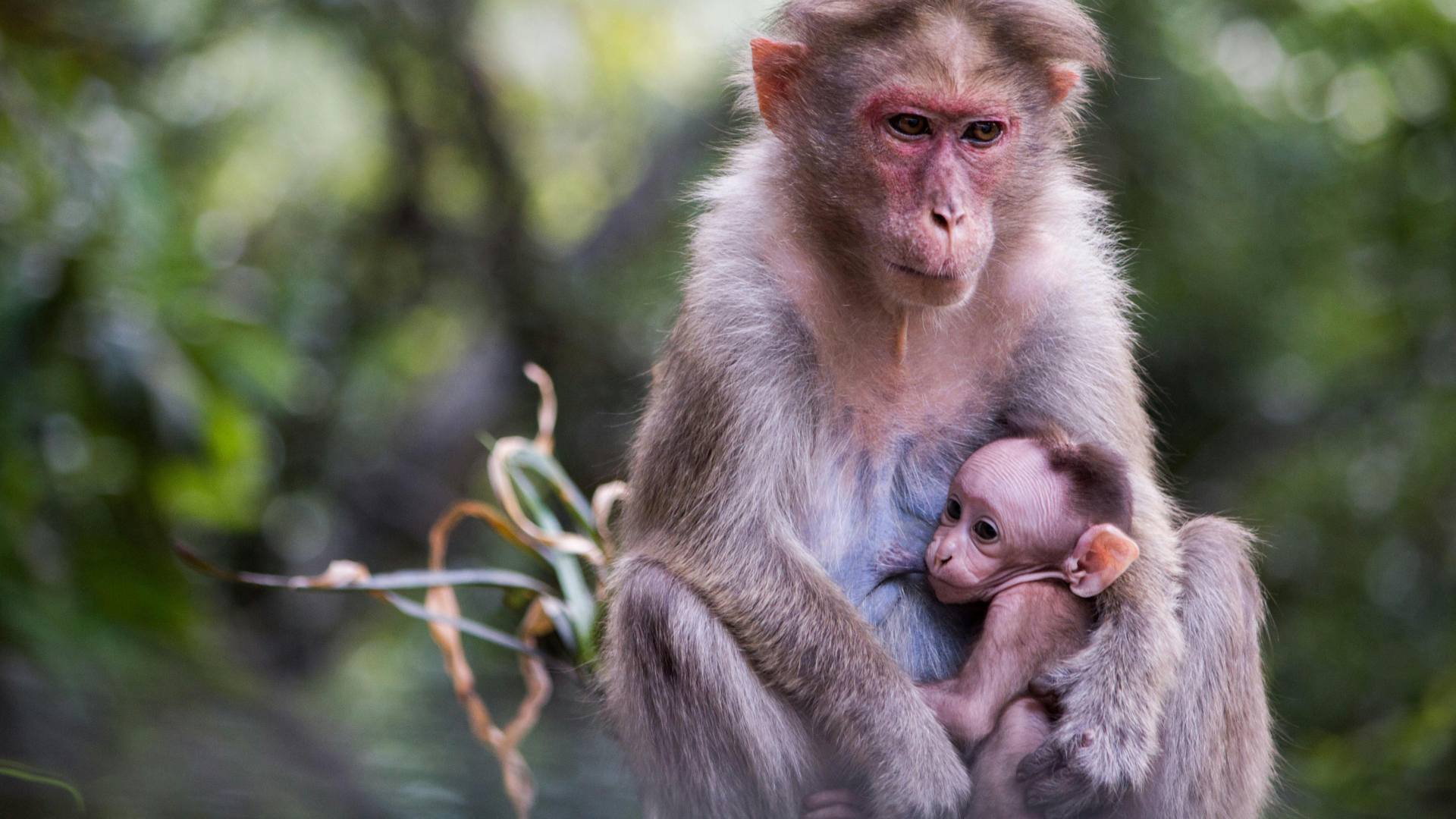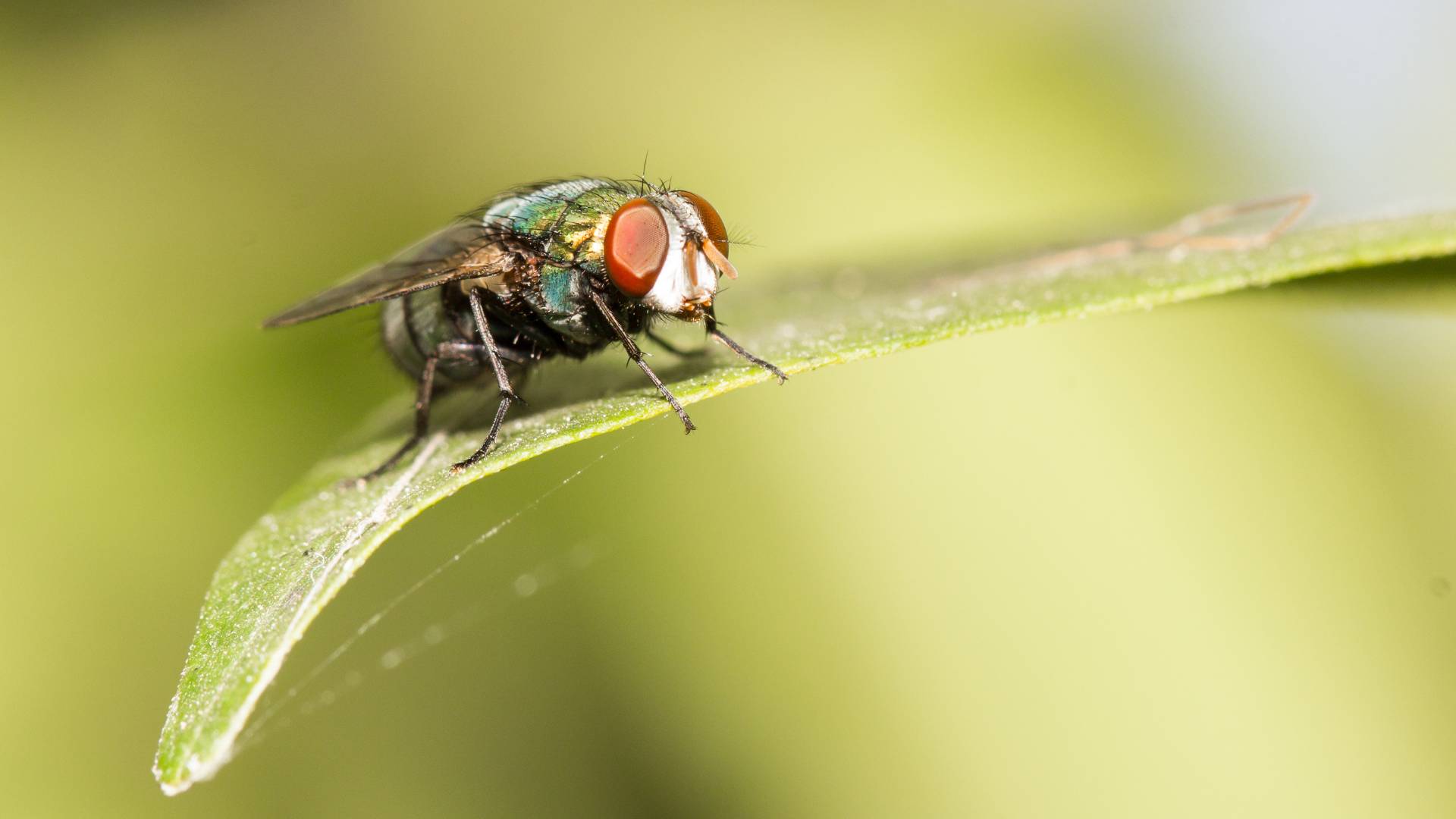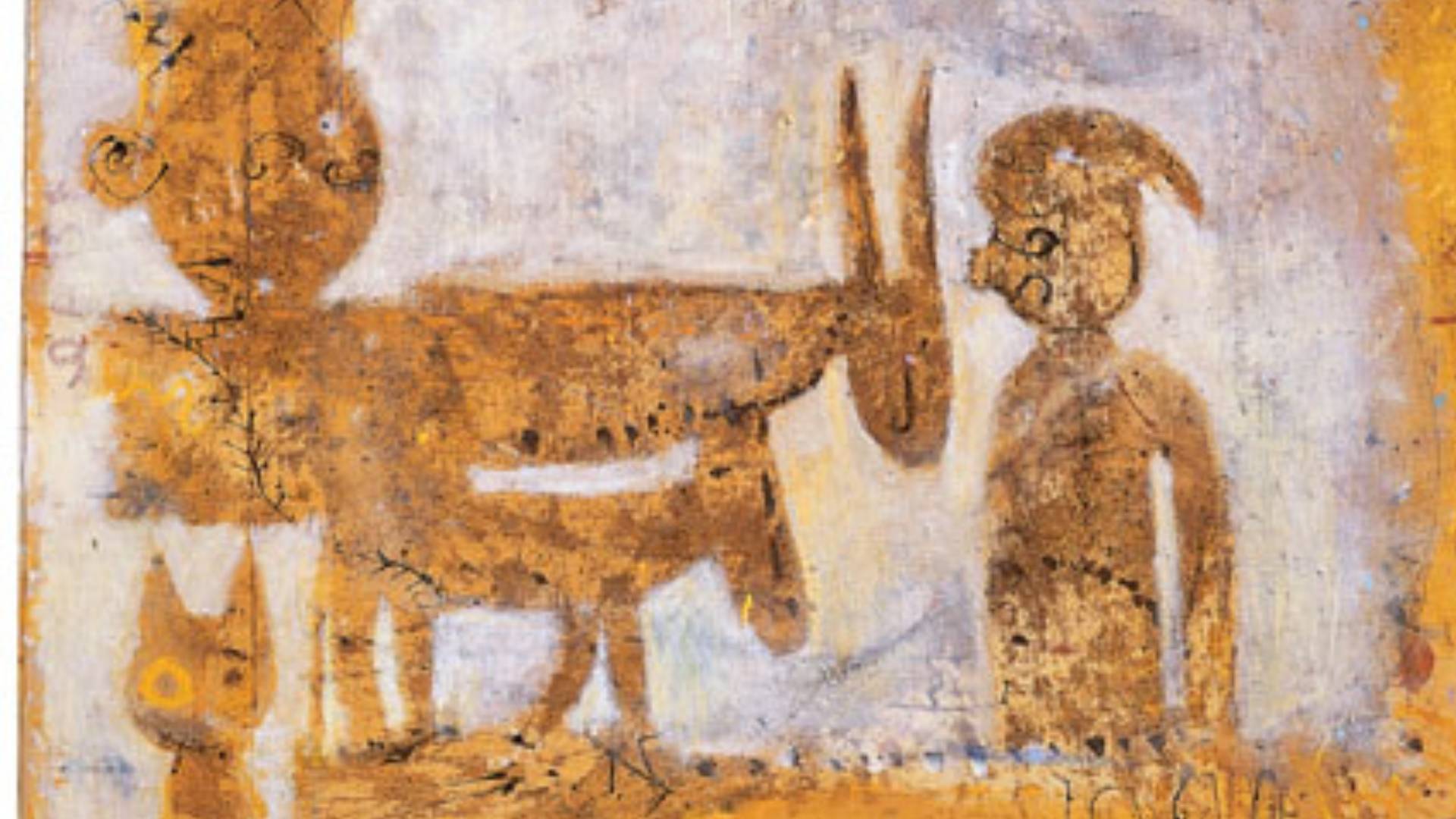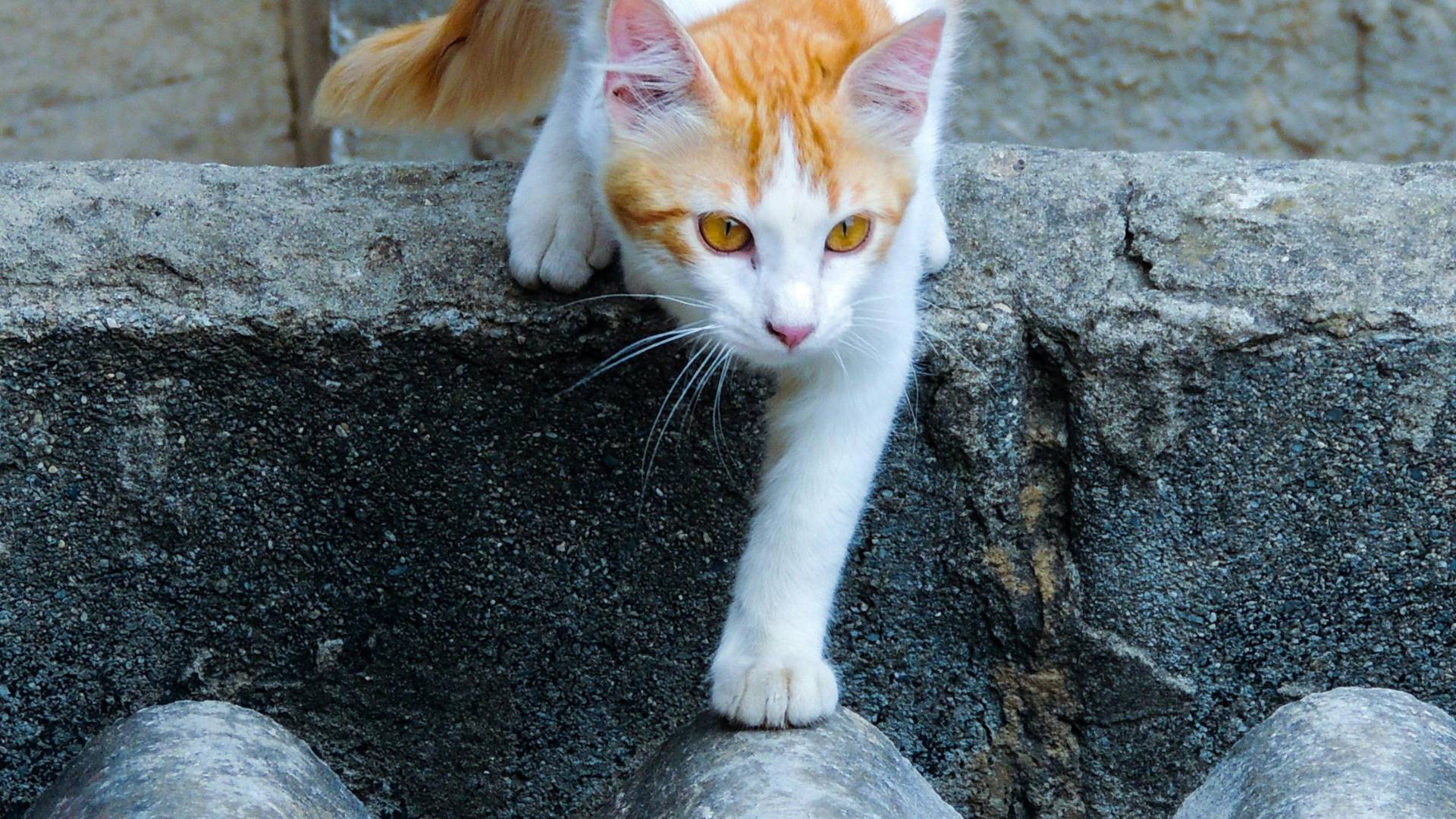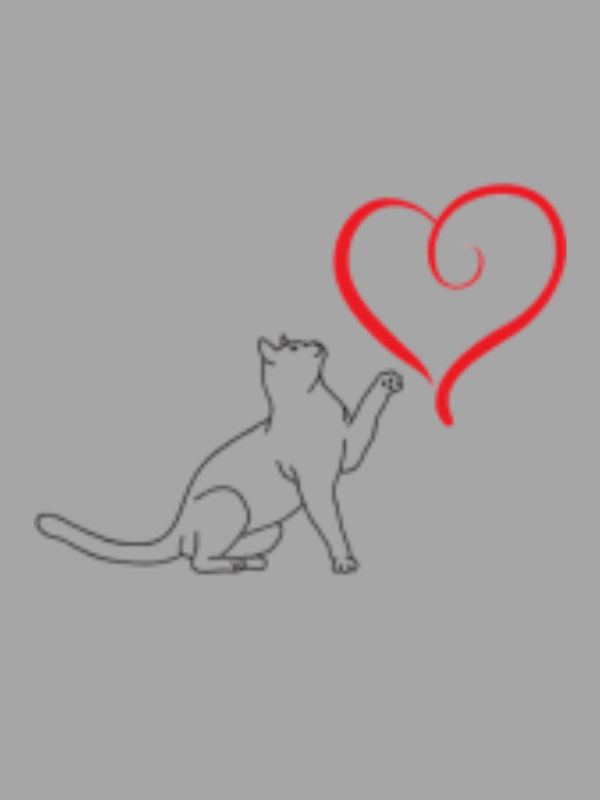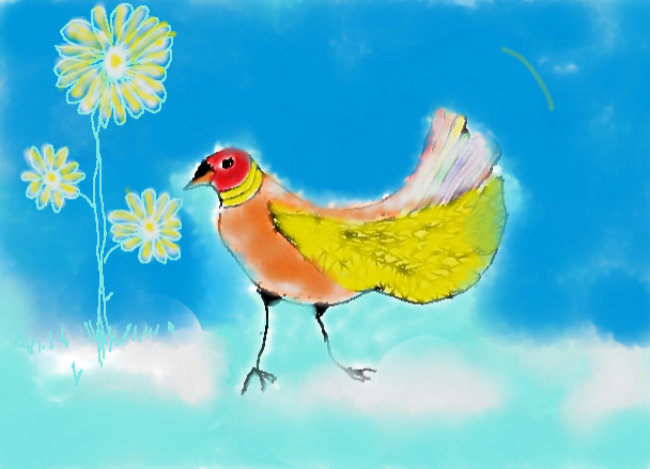Why are animals important in our lives?
In a constantly changing world, where technology is becoming increasingly prevalent and the environmental crisis is becoming more and more pressing, a seemingly simple question deserves to be asked: why are animals important in our lives? To answer this question, I had the privilege of speaking with Jonathan Balcombe, a biologist specialising in animal behaviour, best-selling author and fervent defender of animal rights.
His answer, both deeply personal and scientific, offers an inspiring perspective on our relationship with the living world.
A natural fascination and empathy from childhood
For Jonathan Balcombe, his love of animals goes back a long way. From his earliest memories, he recalls being fascinated by the wildlife around him: beavers, snakes, beetles – creatures that aroused a sense of wonder and, above all, empathy in him. It was not simply scientific curiosity, but an instinctive ability to recognise animals as other sentient beings, whose lives are as precious to them as ours are to us.
Because recognising the intrinsic value of any animal also means recognising that our own humanity is closely linked to the way we treat other forms of life.
A career dedicated to science and awareness
With a PhD in ethology, Jonathan Balcombe has devoted more than thirty years to the study of animal behaviour. His career has taken him from laboratories to activist circles, and his commitment has gradually evolved into a literary vocation. Since 2006, he has published six books, including several bestsellers such as Pleasurable Kingdom and What a Fish Knows, which explore the inner lives of animals with an approach that is both rigorous and accessible.
His work goes beyond publishing. He is a regular contributor to science programmes broadcast by the BBC and National Geographic Channel, and participates in conferences around the world. He also writes for children, notably in Jake and Ava: A Boy and a Fish, convinced that tomorrow’s leaders must be made aware of the beauty and value of life today.
Rehabilitating the image of the wild
Balcombe is currently working on a new book about the positive aspects of animal life: cooperation, virtue, joy. Going against the grain of traditional representations of nature as a place of brutal competition and suffering, he seeks to restore a more nuanced, more accurate image. ‘Nature is not just about struggle and predation,’ he says.It is also mutual aid, pleasure, solidarity.” He invites us to correct our cultural bias, which projects a violent and cruel vision onto the animal kingdom, often to better justify our own domination. According to him, the most destructive species on this planet is none other than Homo sapiens. It is therefore up to us to demonstrate virtue and repair what we have damaged.
The Anthropocene: a critical turning point
We are now living in the Anthropocene era, characterised by the massive impact of human activities on the planet. Biodiversity loss, deforestation, pollution, climate change: all these phenomena are endangering the ecosystems on which we depend. For Balcombe, it is urgent that we recognise our collective responsibility and act accordingly. He reminds us that we are just one species among millions of others, integrated into a vast network of interdependence. Our long-term survival depends on a healthy, functional and diverse planet. Taking care of animals therefore means taking care of ourselves.
A lifestyle choice: vegetarianism and veganism
Jonathan Balcombe’s commitment is not limited to research or writing. It is also evident in his personal choices, particularly his dietary choices. Raised in an omnivorous culture, he became a vegetarian in 1984 at the age of 25, then a vegan five years later. This carefully considered choice was based on ethical and ecological considerations. Animal agriculture, he explains, is the most violent industry the planet has ever known. It causes untold suffering to billions of animals every year, while contributing significantly to greenhouse gas emissions, deforestation and water pollution. For him, giving up animal products is a concrete, everyday way to work towards a fairer, more respectful and more sustainable world.
An invitation to rethink our relationship with living beings
Jonathan Balcombe’s message is clear: we all have a role to play. Whether it’s our diet, our consumer choices or the way we educate our children, every action counts. Animals are not resources to be exploited, but cohabitants to be respected. By raising awareness among younger generations, sharing scientific discoveries about the inner lives of animals, and defending ethical lifestyle choices, Balcombe shows us the way to a more harmonious future. It is not just a matter of protecting animals, but of restoring a fundamental balance between humanity and the rest of the living world.
Conclusion
Why are animals important in our lives? Because they remind us of our own humanity. Because they share emotions, needs and a will to live with us. Because without them, the world would be incomparably poorer – biologically, emotionally and morally.Jonathan Balcombe’s example invites us to see animals not as objects or enemies, but as partners in the great adventure of life. What if, like him, we chose kindness, care and responsibility?
Bibliography
Balcombe, J. (2006). Pleasurable Kingdom: Animals and the Nature of Feeling Good.Macmillan.
Balcombe, J. (2010). Second Nature: The Inner Lives of Animals. Palgrave Macmillan.
Balcombe, J. (2011). The Exultant Ark: A Pictorial Tour of Animal Pleasure. University of California Press.
Balcombe, J. (2016). What a Fish Knows: The Inner Lives of Our Underwater Cousins. Scientific American / FSG.
Balcombe, J. (2021). Super Fly: The Unexpected Lives of the World’s Most Successful Insects. Penguin.
Balcombe, J. (2021). Jake and Ava: A Boy and a Fish. Gryphon Press.hanger notre regard sur le vivant. Et à comprendre que même les plus petits – et les plus détestés – peuvent être des héros de la biodiversité.
